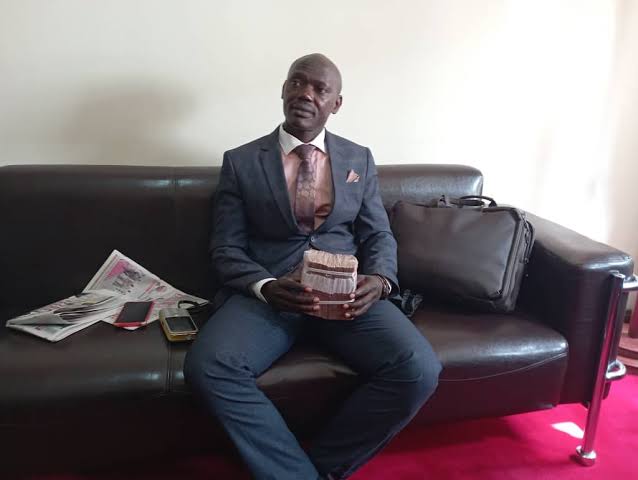The presence, value, and impact of women in managerial or leadership positions have significantly evolved over the past 30 years in Uganda, reflecting broader socio-economic, cultural, and political changes both locally and globally. This transformation can be examined across various dimensions: representation, economic impact, societal attitudes, and the overarching purpose of gender inclusivity in leadership.This has been an initiative role played by the NRM government which being led by a visionary president (Gen. Yoweri Kaguta Museveni) who has since his coming into power has had a felicitation about the gender of a woman to be at the fore front.
Current Value and Impact
Increased Representation
In the past three decades, Uganda has seen a notable increase in the number of women holding managerial and leadership positions. This change has been influenced by government policies promoting gender equality, such as the affirmative action policy for women in public service and political representation. Women have been occupying significant positions in the Ugandan government, including the vice presidency, cabinet positions, and parliamentary seats. For example, as of my last update, the Vice President of Uganda, Jessica Alupo, is a woman. This trend extends into the private sector and civil society, where women are increasingly leading organizations and businesses.
However the women in parliament have used their presence to lobby and get gender sensitive legislation passed, they have not used their numbers to influence resource allocation to critical areas such as the health and agriculture where the majority and the poorest of the population who are largely women are living.
For the education sector we want to applause the leadership of the strong woman who is the First Lady and Mother of this Nation Maama Janet Kataha Museveni who since her take over of the education sector, there has been a great steady progress of the girl child who initially were so vulnerable when it came to going to school, and now their performance has surpassed the boy child who were the dominants for the past years before her being the Minister of Education and sports.
Economic Impact
Women in leadership roles have contributed significantly to Uganda’s economy. Their participation in decision-making processes has introduced diverse perspectives that drive innovation and sustainable development. For instance, women-led enterprises have been pivotal in sectors like agriculture, education, and technology, contributing to job creation and economic diversification. Women leaders often prioritize social issues, including health, education, and community development, which directly impact economic stability and growth.
Societal Attitudes and Gender Norms
The increasing presence of women in leadership has gradually transformed societal attitudes towards gender roles. While traditional views that favored male leadership still exist, there is growing recognition and appreciation of women’s capabilities and leadership styles. Women leaders in Uganda often employ inclusive, participatory, and empathetic leadership approaches, which have shown effectiveness in various contexts, from corporate management to political governance.
Purpose of Gender Inclusivity in Leadership
The purpose of promoting women in leadership positions goes beyond achieving gender balance. It is about leveraging the unique perspectives, skills, and leadership styles that women bring to the table, which are crucial for addressing complex challenges in today’s world. Gender-inclusive leadership leads to more comprehensive and balanced decision-making processes, fostering environments that are conducive to innovation and equitable development, Implement gender quotas in public offices and corporate boards to ensure a minimum representation of women, remove the tight legal barriers that hinder women’s participation in leadership and decision-making positions.
Challenges and Future Outlook
Despite these positive trends, challenges remain. Gender disparities in leadership roles still exist, partly due to cultural norms, inadequate access to education and mentorship for women, and systemic biases in recruitment and promotion processes. However, ongoing advocacy for gender equality, coupled with policies that support women’s education, economic empowerment, and leadership development, are gradually addressing these barriers.
In conclusion, the role and impact of women in managerial and leadership positions in Uganda have significantly evolved over the past 30 years, marking progress towards gender equality and contributing to the country’s socio-economic development. The purpose and value of this shift are evident in the diverse and inclusive approaches to leadership that women bring, paving the way for a more equitable and prosperous Uganda. We therefore hope and belive that the ruling government of NRM will keep the status quo of improving and empowering the women of this Nation with the mandate given to them by the majority of the Ugandan Citizens.
MULUGA IVAN- EASTERN YOUTH NRM STRONG CADRE
Do you have a story in your community or an opinion to share with us: Email us at Submit an Article









